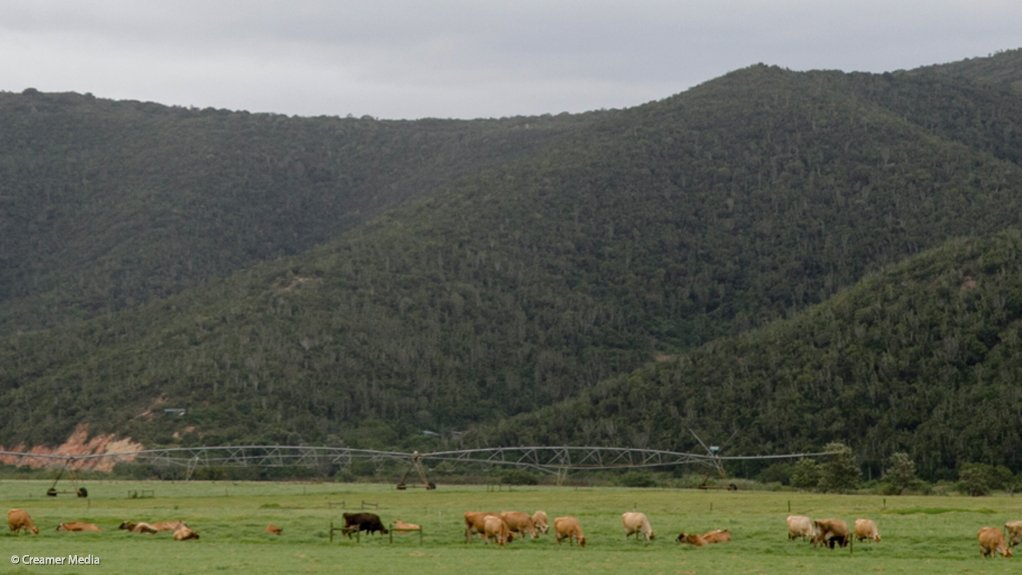Western Cape Agriculture MEC Ivan Meyer says more than R60-million will go towards preventing and controlling animal diseases, as part of the agriculture department's 2023/24 budget of R960-million.
The province battled severe avian flu outbreaks in 2021.
While these primarily affected seabird populations, there were also limited outbreaks at poultry farms in the province. The outbreak killed close to 20 000 endangered Cape cormorants and 230 African penguins.
Outbreaks were recorded at farms near Worcester, Malmesbury and Hopefield.
The funds would be dedicated to biosecurity and animal health, said Meyer.
The funding will also go towards expanding the "rabies resilient footprint" in the province, which includes vaccination and awareness campaigns.
In addition, R23-million is being committed to revamp and refurbish the provincial veterinary laboratory. The renovated facility is expected to be inaugurated in November.
The president of the Black Farmers Association of South Africa, Lennox Mtshagi, said small and black-owned farms could be devastated by disease outbreaks.
He added that small farmers were often not compensated at the same rate as commercial enterprises.
"The last time there was a swine flu outbreak, black farmers lost a lot of pigs. They were given R50, R100 [in compensation]. You can't even buy a piglet for that," he said.
Mtshagi added the organisation did not support Meyer's leadership and did not have a good working relationship with the department.
Agri SA CEO Christo van der Rheede said the budget at Meyer's disposal was dependent on the allocation from the national agriculture department.
He added the national budget had decreased this year.
"It's not good news for us in the agriculture sector when money is taken away from the budget. The agricultural department plays a critical role in food security."
Van der Rheede said the outbreak of diseases – such as foot-and-mouth, avian flu and swine flu – were a real concern for the sector.
He added a failure to control these outbreaks, along with rising costs and the energy crisis, could place farmers under further strain.
"There are constantly new viruses developing. As an agricultural department, you must be always on high alert," he said.
However, Van der Rheede said the provincial agriculture department should be commended for the preventative measures it had put in place.
"It's one thing to have money, it's another to make sure it's effectively spent.
"The minster has to make do with what he receives, but the province must be given credit for the way it manages outbreaks and the preventative measures it takes," he said.
The funding would most likely focus on the agricultural sector, but there was a need for authorities to invest in monitoring wildlife, said Southern African Foundation for the Conservation of Coastal Birds clinical veterinarian, David Roberts.
"We would welcome more funding and manpower allocated to the monitoring and management of diseases in wild animals.
"For example, wild bird disease surveillance would help to detect diseases such as avian influenza before they affect domestic animals."
Roberts said the prevention of avian flu outbreaks in future would be almost impossible because the disease was spread between wild birds, which moved around freely.
"What we can do is to monitor for disease in wild animals by keeping accurate records of dead or sick wild animals and testing them for disease. This allows us to know when an unusual number of sick or dead animals are found and to respond appropriately. We would like more support to respond to these outbreaks as effectively as possible," he said.
"It is important to monitor wild birds for disease, to prepare and implement contingency plans and to respond to disease outbreaks in wild animals effectively.
"An effective response plan must include access to the finances that are needed to test for diseases, to do surveillance work, to purchase biosecurity equipment, to implement safe waste disposal and to pay for the personnel who are needed to respond appropriately when there is another outbreak," he added.
EMAIL THIS ARTICLE SAVE THIS ARTICLE
To subscribe email subscriptions@creamermedia.co.za or click here
To advertise email advertising@creamermedia.co.za or click here











